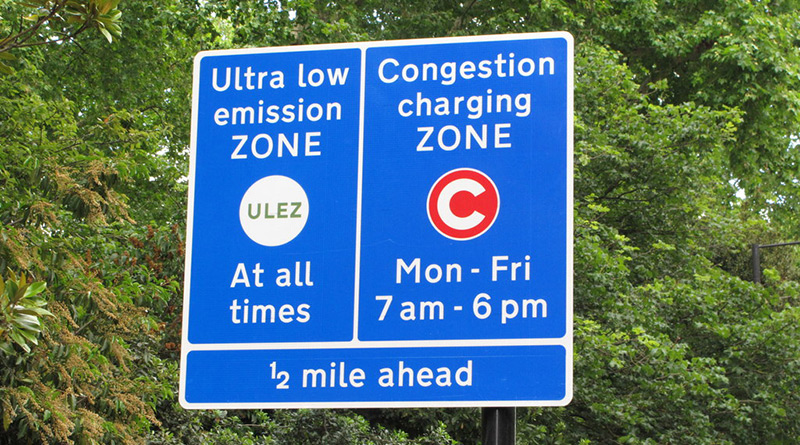NTIA Says Night Workers Punished with Double ULEZ Charges

The Night Time Industries Association has called for a revision of London’s Transport for London system, which currently puts 58,000 night workers at risk of being charged twice in one shift under the ULEZ scheme.
People working late at night whose shift crosses the midnight threshold and have a non-compliant vehicle will be charged twice, one for each 24 hour period pre and post midnight.
Businesses and workers across London are without doubt committed to sustainability and the drive towards cleaner air within the capital, but want to be treated fairly and equally in the collective mission towards sustainability.
Recent Industrial action presents further challenges where a considerable level of public transport is not available after 7pm in the evening, leaving many more night workers to face onerous ULEZ charges.
Under the current guidelines set out by Transport for London, the ULEZ charge has a rigid timeline which requires non compliant vehicle owners driving into London to pay £12.50 per day if they access specific areas in London between a midnight to midnight window.
London has a population of circa 8.6 million people according to figures in 2023, with 1 in 4 people working at night within the capital, equating to 2.16 million people. This is made up of venues, hospitality, cleaners, doctors, nurses, taxi drivers, gym workers and many more..
According to Transport Statistics Great Britain (TSGB) & Department of Transport London has the lowest commuter numbers accessing the capital by car, compared to other regions at around 70%, only 27% access London by car. Meaning that 583,000 people working at night in the capital travel by car to work.
Recent estimated figures from GLA also suggest that only 10% of those travelling by car will be in vehicles that are non-compliant, resulting in a potential 58,300 night workers potentially being subject to multiple ULEZ charges.
As the ULEZ scheme expands across London, and the implementation of a scrap-page scheme which has the right intention, but does not consider the current climate, particularly for low income workers.
It is clear that for some time now the ULEZ system limitations have exposed thousands of night workers to additional costs disproportionately for working at night.
Michael Kill CEO NTIA Says
“The potential impact on the workforce at night is quite considerable, and would urge the Mayor of London & TFL to consider reviewing the scheme to account for a rolling 24 hour period within its charge structure, to create a fair and considered charge which does not penalize night workers for their hours of work.”
“The Night Time Economy sector has struggled to maintain a consistent workforce for the last three years, with many workers already stretched and under considerable financial pressure. Exposure to these additional charges will substantially lower peoples pay, and will not help businesses to recruit people within the sector in the future.”
“I would also ask that there is consideration for the impacts of industrial action on workers who may have no other option but to access work via car or alternative modes of transport, at a time when the cost of living crisis is pushing people to breaking point.”
